It’s likely no surprise that publishing your work as a writer can be difficult. Whether you’re looking at larger press and finding an agent, going through a smaller publishing house that accepts unsolicited manuscripts, or looking at self-publishing, there can be many obstacles. With the affects of social media, phishing schemes, and the pressure on the job market due in large part to the 2020 Covid 19 pandemic, there are also many untrustworthy publishing offers. They may appear sincere and sophisticated, but can cause significant financial loss and false promises.
Scams You May Encounter
- Fake literary agents and agencies: These cold-call solicitations come as an overly-flattering message or email from someone who makes grand promises of publishing your work. Unlike a real agent, they will be un-Googleable and claim to work on commission, but are actually offering a paid service.
- Re-publishing offers: This is generally used on self-published writers, promising to republish your book for you to receive 100% royalties. While these companies may actually publish your book, it is likely to be poor quality and full of overpriced services from a company that may go out of business suddenly and leave you with no support.
- Impersonation: Like other forms of imposter scams, these solicitations come from people pretending to be from actual publishing organizations. However, these impersonations will have tale-tell signs (typos, incorrect email domains, requiring payment for services).
- Marketing and promotion: These may not always be scam, but a certain amount of skepticism is needed for services that want to promote your book. Some may be extremely overpriced and others may be dangerously cheap. However, they may take your money and do nothing with it, or use canned marketing gimmicks.
- Editing and ghostwriting: Some scams involve looking for ghostwriters/editors to create material for them, then never actually follow through on paying for the work. Others are editors/ghostwriters trying to sell their services through a large network for related sites that all offer the same packages.
Looking for more information? The below video provides an overview of publishing scams:
This video essay focuses on a hustle-culture scam of using ghost publishers to rapidly write books. While it’s not your usual scam, there are plenty of people looking for ghost writers to rapidly create content for profit:
Tips for Avoiding Scams
- Legit publishers and agents do not charge a fee to review your manuscript. Some literary contests, magazines, and small presses will charge a small reading fee, but if the contest is not well-known or the fee seems high ($25 is an average reading fee cost), do some researching and approach with caution.
- Be familiar with how different forms of publishing work. “Traditional” publishing will not ask for any money from you. Hybrid publishers and self-publishers will ask for you to pay for certain services, so make sure you know what you are agreeing too. For more information on hybrid publishing, see IBPA’s hybrid publisher criteria.
- Most credible publishing houses rarely approach authors out of nowhere with dream opportunities. If it seems too good be true, it probably is. This is especially important on social media, especially on TikTok where some authors may have gained attention for their manuscripts there but are unlikely to have received agent or publishing offers without directly sending in material or solicitation.
- Research all opportunities thoroughly and keep an eye out for unusual typos, domain names, email addresses, and other common signs of scams.
For more information on more general scams you might encounter outside of the literary world, visit our blog on avoiding job scams.
Sources
Avoiding Publishing Scams – Authors Guild.org
Out of the Blue, Too Good to Be True: Beware Solicitation Scams – Write Unboxed
